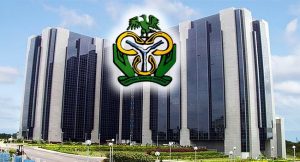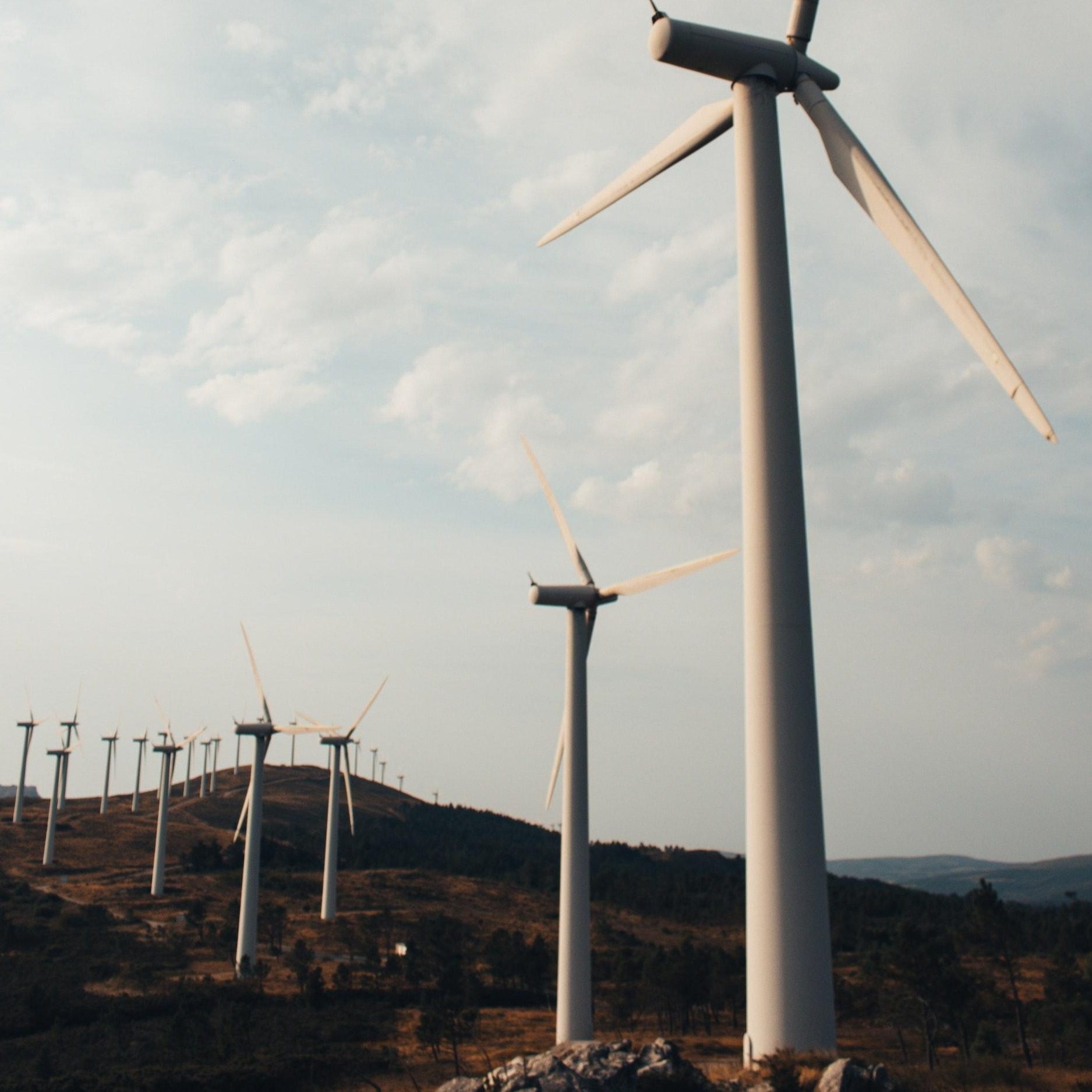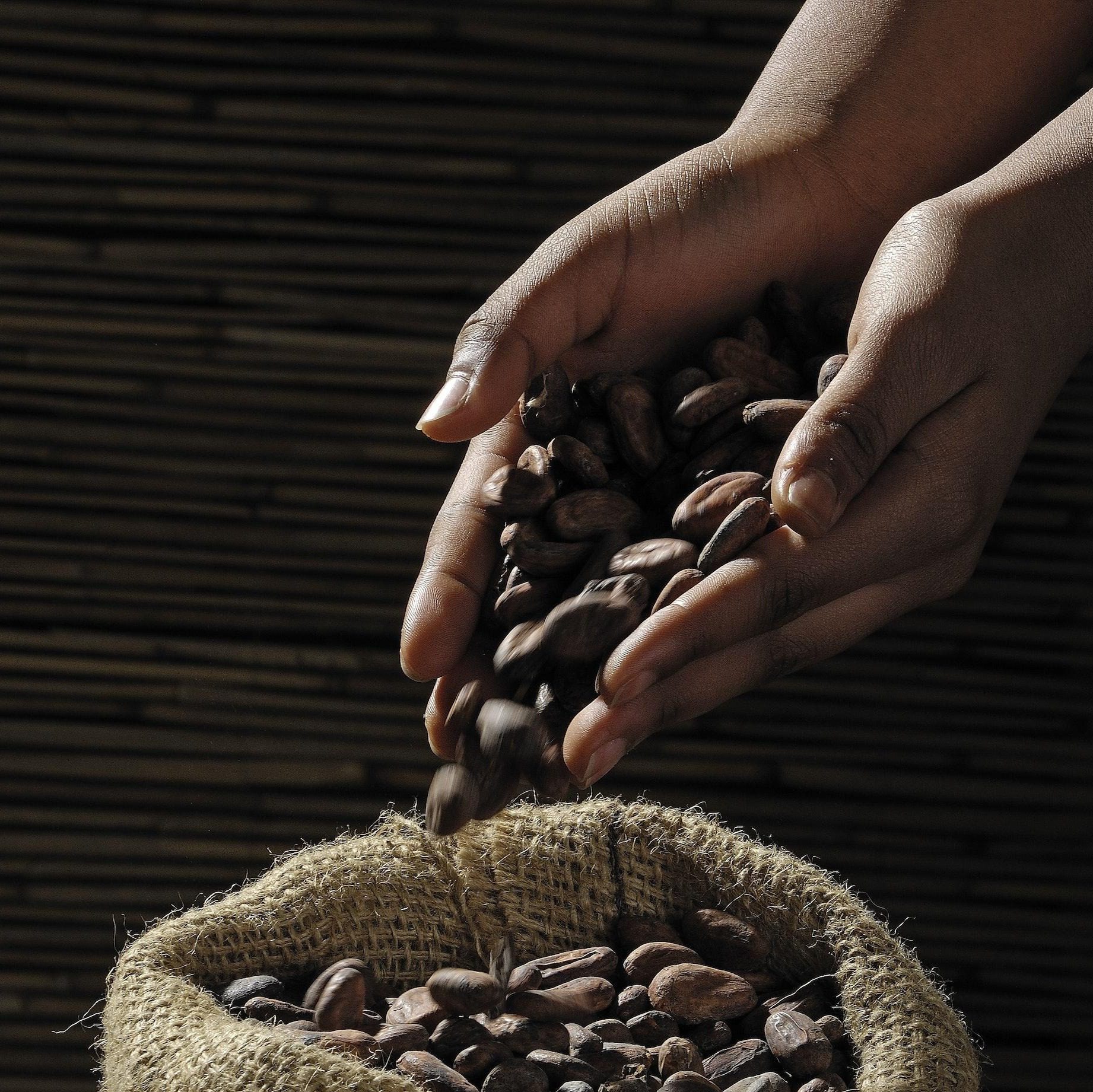OPEC FORSEES LOWER DANGOTE REFINERY PETROL PRICE
The Organisation of the Petroleum Exporting Countries has expressed optimism that the Dangote Petroleum Refinery can lower petrol prices in Nigeria. This is even as the refinery is asking the Federal Government to fully implement the naira-for-crude deal by supplying it with enough feedstock for its ramp-up plan. Officials of the $20bn Lekki-based plant who spoke anonymously with our correspondent urged the Federal Government to ensure the facility gets enough crude for the good of the nation. According to them, OPEC must have done its research about the refinery and the positive influence it would have in the nation’s petroleum market, considering how it has lowered the prices of diesel and Premium Motor Spirit (petrol) while also ending the usual cases of fuel scarcity. Also, the Crude Oil Refinery Owners Association of Nigeria shared the sentiment as OPEC, believing in the capacity of Dangote and other refineries to give Nigerians affordable fuel. The 650,000-capacity Dangote refinery is the largest single-train refinery in the world. The President of the Dangote Group, Alhaji Aliko Dangote, had said the refinery could satisfy Nigeria’s fuel needs and would also export to other countries. Aliko vowed that the refinery would end the importation of refined petroleum products, wondering how an oil-producing country like Nigeria would depend on ’dirty’ imported fuel for its energy needs.

PERSONAL LOANS ROSE TO N3.3TN IN NOVEMBER – CBN
Nigeria’s personal loan portfolio rose by 37.76 per cent to N3.32tn in November 2024, according to the latest monthly report by the Central Bank of Nigeria. The sharp increase in consumer borrowing reflects the impact of rising inflation and high living costs, which have forced many Nigerians to rely more on credit to meet their financial obligations. The CBN report showed that personal loans grew from N2.41tn in October to N3.32tn in November, marking one of the most significant monthly increases in recent years. Personal loans now account for 74.95 per cent of total consumer credit, highlighting the growing dependence on unsecured loans to cover essential expenses such as rent, healthcare, education, and household needs. Consumer credit outstanding also saw a substantial increase of 26.29 per cent, reaching N4.42tn in November from N3.50tn the previous month. Retail loans, which cover credit facilities for asset financing and consumer durables, rose by 1.83 per cent from N1.09tn in October to N1.11tn. The steady rise in consumer credit reflects the financial strain on many households as inflation continues to erode purchasing power. The report read, “Consumer credit outstanding increased significantly by 26.29 per cent to N4.42tn from the level in the preceding month, due, largely, to inflation expectations. Personal loans grew by 37.76 per cent to N3.32tn, from N2.41tn at end-October 2024.
NAIRA STRENGTHENS AT PARALLEL MARKET, WEAKENS ON OFFICIAL WINDOW
In the past week, the naira experienced a mixed performance across various segments, reflecting the Central Bank of Nigeria’s ongoing efforts to stabilise the currency. Analysts said that forex market interventions from the CBN have slowed down amidst a decline in external reserves, which stood at $39.09bn as of Thursday. The decline in the foreign reserves commenced in January and has been sustained into this month. At the parallel market, the naira strengthened to about 1,552/$ from 1,660 in the previous week, and players in the segment put the appreciation down to improved investor confidence. At the official Nigerian foreign exchange market, the naira faced ongoing demand pressure. According to the Meristem weekly report, the naira depreciated by 0.54 per cent week-on-week to 1509.70/$ from 1,501.61/$. The President of the Association of Bureau De Change Operators, Aminu Gwadebe, in a chat with The PUNCH, expressed optimism about the appreciation of the naira. He said, “The performance of the naira was significantly positive. Naira performed positively throughout the past week from about 1660; we are now talking about 1552/$. That is significant.

EQUITY MARKET GAINS N1.83TN IN ONE WEEK
The Nigerian equity market recorded a gain of N1.83tn last week as the All-Share Index and Market Capitalisation appreciated by two per cent and 2.78 per cent to close at 108,053.95 points and N67.418tn respectively. A total turnover of 2.414 billion shares worth N55.512bn in 80,988 deals was traded by investors on the floor of the Exchange, compared to 3.051 billion shares valued at N98.350bn that exchanged hands in the previous week in 72,535 deals. The Financial Services Industry led the activity chart with 1.398 billion shares valued at N24.039bn traded in 31,919 deals, contributing 57.92 per cent and 43.30 per cent to the total equity turnover volume and value respectively. The Services Industry followed with 247.303 million shares worth N1.165bn in 6,277 deals, while the Consumer Goods Industry recorded a turnover of 153.776 million shares valued at N3.939bn in 8,405 deals.Trading in the top three equities, Sterling Financial Holdings Company Plc, Access Holdings Plc, and Secure Electronic Technology Plc accounted for 455.469 million shares worth N5.273bn in 6,654 deals, contributing 18.87 per cent and 9.50 per cent to the total equity turnover volume and value respectively. A total of 48,850 units valued at N19.310m were traded this week in 95 deals compared to 53,950 units valued at N5.104m transacted last week in 58 deals. Additionally, 77,290 units worth N70.809m were traded in 47 deals compared to 37,219 units valued at N28.751m in 42 deals the previous week.

NIGERIA SUFFERS ECONOMIC DOWNTURN AS GDP/CAPITA FALLS 72% – IMF
Africa’s largest oil producer, home to over 200 million people, has witnessed a worsening economic downturn in 10 years, with its GDP per capita plummeting by 72.35 per cent. Data obtained from the website of the International Monetary Fund indicated that Nigeria’s GDP per capita declined from $3,022 in 2014 to just $835.49 in 2024, signaling a sharp contraction in the average economic output per person. The country’s total Gross Domestic Product—the overall value of goods and services produced—also fell steeply, from $568.5bn recorded in 2014 to $194.96bn in 2024, marking a staggering 65.71 per cent decline over the period. Beyond the contraction in economic output, Nigeria’s real GDP growth has also slowed considerably. The IMF data showed that real GDP growth, which measures economic expansion adjusted for inflation, stood at 6.3 per cent in 2014 but has dropped to 2.9 per cent in 2024. The economic crisis has been exacerbated by policy reforms initiated in 2023 under President Bola Tinubu, who is currently in Ethiopia for the African Union summit, just a week after visiting Emmanuel Macron in France. The fuel subsidy removal— one of the reforms, triggered a sharp increase in petrol prices, fueling inflation that surged to 34.8 per cent in December 2024.
- CAPITALDIGEST MARKET REVIEW, 09/02/2026February 9, 2026
- CAPITALDIGEST DAILYNEWS, 09/02/2026February 9, 2026
- CAPITALDIGEST MARKET REVIEW, 02/02/2026February 2, 2026
Enter your email address for receiving valuable newsletters.
- CAPITALDIGEST MARKET REVIEW, 09/02/2026U.S. DOLLAR REBOUND TO BE CUT SHORT BY RATE CUT BETS, DOUBTS OVER FED INDEPENDENCE:...February 9, 2026
- CAPITALDIGEST DAILYNEWS, 09/02/2026TAXES, FUEL HIKE SLOW BUSINESS GROWTH IN JANUARY – NESG REPORT The report showed that...February 9, 2026
- CAPITALDIGEST MARKET REVIEW, 02/02/2026DOLLAR WEAKENS ACROSS THE BOARD AS YEN CLIMBS ON INTERVENTION RISK The dollar moved sharply...February 2, 2026












